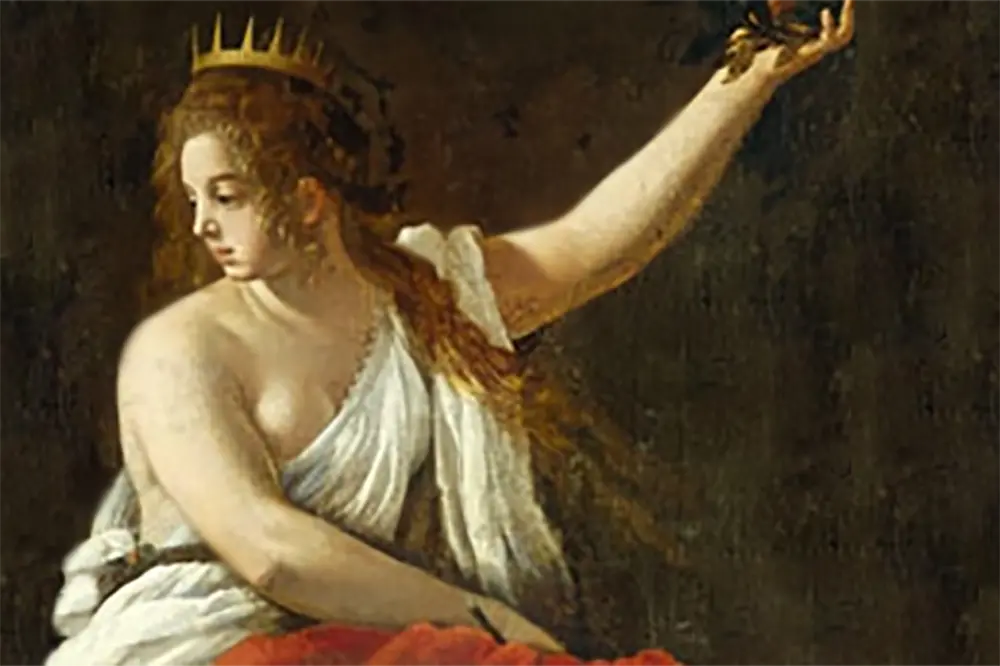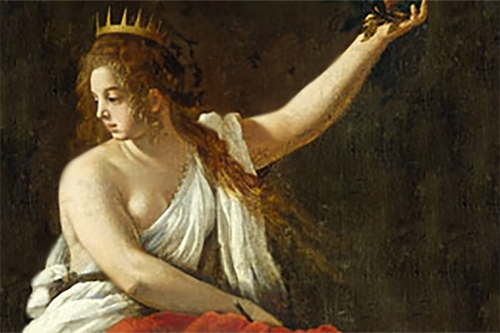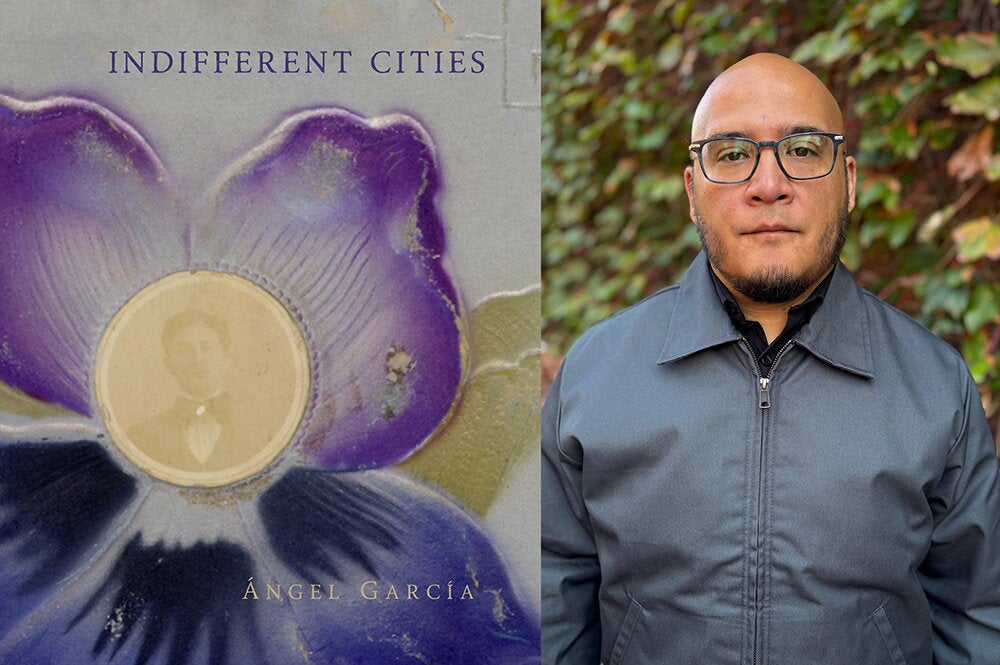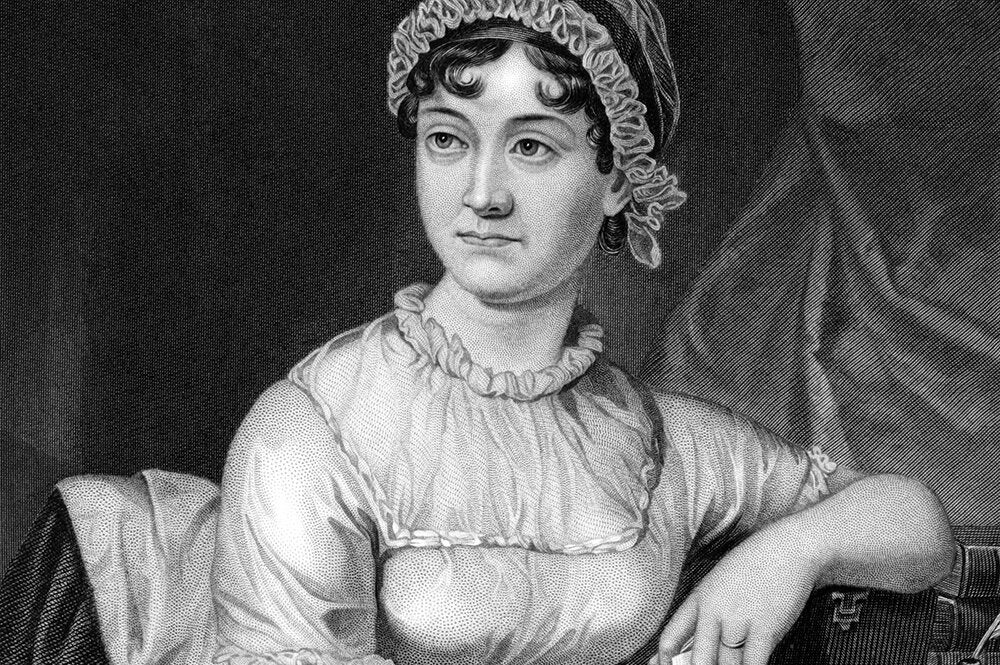

In January, many listeners were struck by the power of Amanda Gorman’s poem “The Hill We Climb,” read by Gorman at the presidential inauguration in Washington, D.C., as it addressed some of the nation’s most painful divisions. University of Illinois English professor and poet Christopher Kempf appreciated it on a different level: It showed how influential and thought-provoking poetry can be.
Kempf believes that, as evidenced by Gorman’s performance (which was followed by another performance at the Super Bowl), poetry can highlight the positive potential of language and help shape our society.
“We live in a society in which language is degraded in a thousand ways every day—by corporations, by politicians, by social media,” said Kempf. “Poets are the caretakers of language, tasked with keeping it honest and accurate. In wrestling language from those who would corrupt it, poets at the same time imagine into existence a society radically different from—and more egalitarian than—the one in which we exist.”

Kempf is an accomplished poet whose work examines the role of aesthetics in the curation of national identity. “My poetry uses the formal tensions within poetry as a way to reflect on the tensions within American culture past and present,” he said.
His most recent book, “What Though the Field Be Lost,” is based on two years living in Gettysburg, Pennsylvania, and uses the famous Civil War battlefield there to explore ongoing issues involving race, regional identity, and ethics of memory.
Kempf received a Pushcart Prize, a National Endowment for the Arts Fellowship, and was named a Wallace Stegner Fellow at Stanford University. His poetry has been featured in several publications including the Gettysburg Review and, most recently, the “Best American Poetry 2020” anthology.
Kempf believes there are many benefits to reading and writing poetry, as it teaches us how to think rather than what to think.
“Because of its internal tensions and its form, poetry acts as a kind of cognitive exercise for readers and writers alike, strengthening our ability to hold irreconcilable ideas in mind at the same time,” Kempf said. “Poetry teaches us a more capacious, flexible, and generous relation to the world, something increasingly rare in contemporary culture.”
The interest in Gorman’s poem on Inauguration Day brought her to an unexpected place: the football field at the most recent Super Bowl. There, Gorman recited a poem in tribute to three honorary football captains selected for their work during the COVID-19 pandemic.
Award-winning poet and U of I English professor Ángel García recently told the Illinois News Bureau that he believes poetry has historically been an agent of positive change even in the most difficult situations, and that Gorman’s performances will continue that tradition.
“With an audience so large, I hope it convinces someone somewhere to pick up pen and paper, to pick up and read a book of poetry, or, ideally, to consider how they, too, might make changes in their lives and in their communities,” García said.
García also saw parallels between Gorman’s reading at the game and former NFL quarterback Colin Kaepernick’s silent protests against structural racism and police brutality in American society. García believes the country needs to do much more to dismantle racism and police brutality and said that Kaepernick’s actions, which some have criticized as being unpatriotic, illustrated the pillar of American resilience and strength.
“In truth, it was one of the most respectful acts of protest I’ve witnessed to address the systemic killing of so many Black Americans,” García stated. “It’s no coincidence that all three things—a poem, a prayer and a protest—are a call for change and create hope for what is possible.”
For those who were inspired by Gorman’s words and would like to begin reading and writing poetry, Kempf advised engaging in the art form by attending or watching a reading. He said the vocal aspects of the performance and explanations that poets often give at poetry readings will help “poems come alive off the page.”
Kempf also suggested regarding poems as an experience to be had rather than a puzzle to be deciphered.
Said Kempf: “‘A poem should not mean, but be,’ Archibald MacLeish says, meaning that the experience of reading or hearing poetry is itself a kind of ‘being.’”


